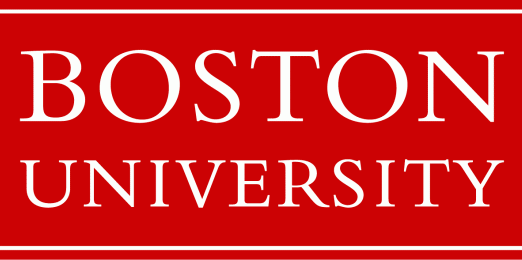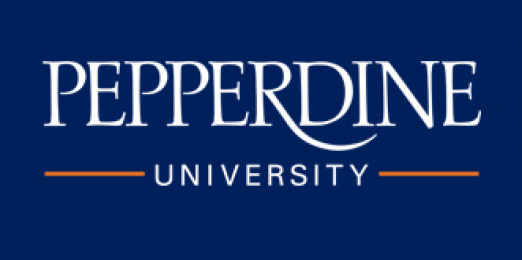Watch your favorite news channel or read your favorite newspaper, and you will understand how important this profession is. The college major of Journalism and / or Broadcasting is only for those who wish to find the truth of any given situation. In fact, those who do it well have an opportunity to have the most positive impact on their world. As a true journalist, you will have to be unbiased, unflinching, and realize that everything you say is going to the public for mass consumption.
"Classes prepare students with the technical and creative skills to tell truthful and meaningful stories across platforms and engage with audiences at multiple levels. Our students take classes that immerse them into on the ground reporting and the ethics and law surrounding the creation and distribution of content. Journalism students also complete an outside concentration, which requires three upper-division courses in an area outside of journalism to build and diversify the knowledge and expertise expected of journalists."
(Provided By: Pepperdine University)
"As new technologies emerge and society continues to shift, people are consuming news and information faster than ever before. The best communications professionals navigate this evolving field by creating meaningful content for diverse audiences and media platforms. Guided by faculty with decades of media experience, communications students at Bowie State study in one of four areas of interest: Broadcast Journalism, Emerging Media, Print Journalism or Public Relations."
(Provided By: Bowie State University)
"Our program offers a rich, diverse variety of journalism electives, from environmental journalism, to entertainment journalism, to fashion journalism – allowing you to select the courses that help you build depth and expertise in areas that match your aspirations."
(Provided By: High Point University)
"As a broadcast and digital journalism student, your studies will focus on learning by doing. You’ll produce live newscasts in a digital studio with the latest equipment. You’ll report from the field. And you’ll learn how to accurately and ethically report the news to a public that’s looking to you for the information they need."
(Provided By: Syracuse University)
"Journalists find sources, conduct interviews and gather the information needed to produce informative and interactive news, feature stories and documentaries for TV, podcasts, radio, mobile applications, digital and print media. You can even select a minor and choose electives to specialize in certain areas, such as sports or politics."
(Provided By: Quinnipiac University)
"All students are required to participate in an internship before they graduate and study in another field to broaden their breadth of knowledge. We offer a network of internships and co-ops with numerous large- and small-market media outlets."
(Provided By: SUNY-Oswego)
"At Medill, reporting and writing are just the start. You'll experiment with emerging media, explore global journalism and prepare not only to work in a changing media world but to lead it. We believe in learning by doing. Whether you are passionate about social justice, politics, global affairs, entrepreneurship, technology, the arts or sports, you'll have the chance to develop those passions into expertise."
(Provided By: Northwestern University)
"You will be required to DO JOURNALISM while you are a student, ending your time here with a professional portfolio of work that will help you land that first job after graduation. Our students produce magazine and newspaper articles and photographs, on-air reports for radio and television, documentary films, and online multimedia reports. They win the top awards and scholarships given to college journalists year after year."
(Provided By: The University of Montana)
"The 65,000-square-foot building has computer laboratories for audio, video, design, writing, web publishing, and a resource center. The building also is home to offices of the Iowa High School Press Association, the Quill and Scroll Society, the University’s award-winning student newspaper, The Daily Iowan, and DITV, a student run newscast."
(Provided By: The University of Iowa)








